No 4nm, but these other improvements could still help iPhone 14 become the speed king
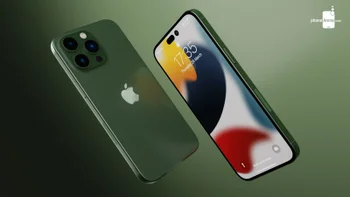
With less than two months to go before the September event where Apple is expected to announce the iPhone 14 family, rumors surrounding the phones are intensifying. Apple usually equips all its phones with the same chip, but this year, only the 6.1-inch iPhone 14 Pro and 6.7-inch iPhone 14 Pro will allegedly be outfitted with the A16 Bionic chip, whereas the 6.1-inch iPhone 14 and 6.7-inch iPhone Max will get last year's A15 Bionic.
Reports say that the A16 will be based on the TSMC's 5nm processing tech and not the slightly more modern 4nm node on which the Qualcomm Snapdragon 8 Plus Gen 1 which powers the best Android phones of 2022 is based.
4nm (N4) is not an entirely new tech but rather an enhanced version of the 5nm tech. So even though Apple is not missing out on much, some believe any gain is a gain worth having.
Fret not, because Apple will be making improvements elsewhere. Macworld has published a detailed reported which outlines the performance enhancements we can expect.
Regular iPhone 14 models could get last year's 5-core A15
First off, even though the iPhone 14 and 14 Max will have the A15 Bionic, they are rumored to come with 6GB of RAM. Moreover, they may get the A15 Bionic with five GPU cores that powers the iPhone 13 Pro variants. The iPhone 13 and 13 mini have 4GB of RAM and the four-core chip version. Apple may throw in a few more changes and rebrand the chip.
As for the A16, it will presumably be manufactured using the third major enhancement of 5nm, N4P, which should theoretically deliver an 11 percent performance boost compared to the N5 tech on which the iPhone 12's A14 chip was based as well as a 22 percent improvement in power efficiency and a 6 percent improvement in transistor density.
The iPhone 13's A15 was made using the second-generation N5P process, and the CPU was such a small upgrade over the prior generation that Apple didn't bother comparing it with the A14, even though it is still a lot faster than rival Android chips. GPU gains were very impressive though.
Macworld speculates that the A16 Bionic could feature around 18 billion to 20 billion transistors, up from 15 billion in iPhone 13's chip. The A16 will likely continue featuring two high-performance cores and four high-efficiency cores.
Contrary to what a rumor had said, the A16 is unlikely to have a 42 percent faster CPU than the A15, but given that the Pro models are rumored to use the newer LPDDR5 standard, which should lead to improved memory bandwidth (by up to 50 percent), and assuming peak clock speeds will be higher, we can expect the new chip to offer 15 percent faster performance.
Also, Apple could incorporate ARM's new instruction set in the design, which should help boost the performance further. The publication also theorizes that GPU performance could improve by 25 to 30 percent.
The iPhone 14 Pro and Pro Max are highly likely to boast a new 48MP sensor and this will likely require a more powerful image signal processor. Apple's current video processors support both HEVC and ProRes but not the AV1 codec, so AV1 support is another thing we can expect from the iPhone 14 Pro.
And lastly, the new phones could feature the Snapdragon X65 modem, which is more power efficient than the X60 in the latest iPhones and also offers support for wider mmWave carriers. It has also got a higher maximum speed and should allow for better real-world throughput.
The iPhone 14 Pro and Pro Max may also retire the notch in favor of pill-shaped and hole cutouts. All the phones in the lineup could feature better selfie cameras and satellite messaging capabilities.



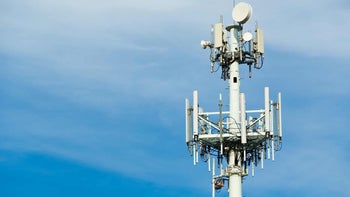

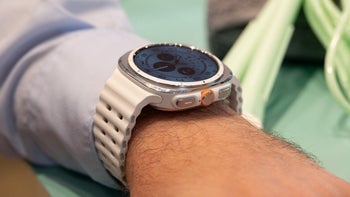
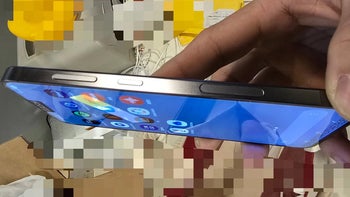
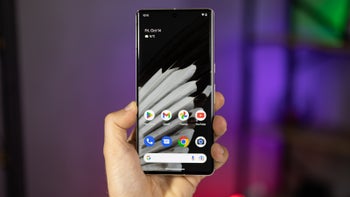



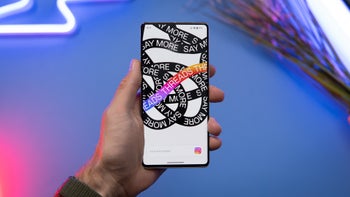

Things that are NOT allowed: